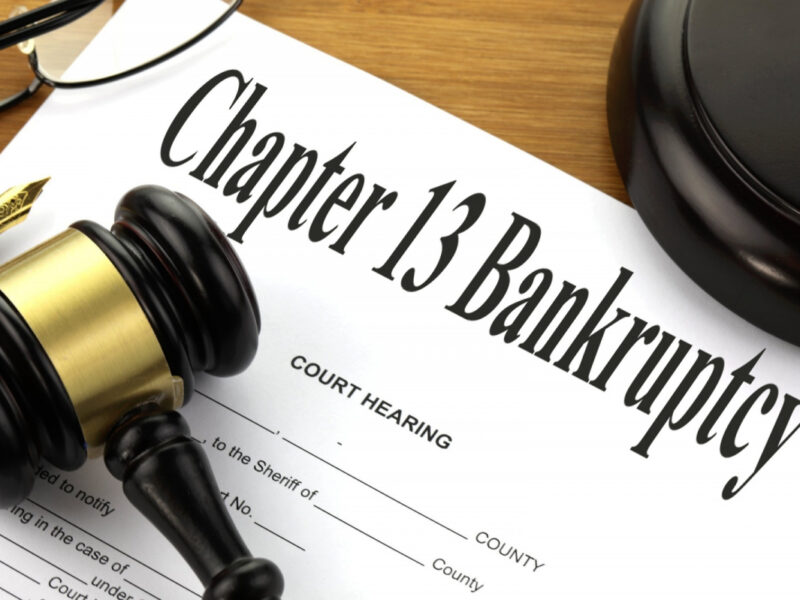As reported by the National Association of Consumer Bankruptcy Attorneys, NACBA filed amicus briefs on Monday in two pending Supreme Court cases: Harris v. Veigelahn and Bullard v. Blue Hills Bank.
The issue in Harris is whether funds paid into a confirmed chapter 13 plan that are still in the trustee’s possession when the bankruptcy is converted to chapter 7 should be refunded to the debtor or paid to creditors. At the time of conversion, the trustee was holding funds originally designated for the debtor’s mortgagee, but more than $4,300 in funds were not disbursed because the mortgagee obtain relief from stay and foreclosed on the debtor’s home. Neither the trustee nor the debtor sought to modify the plan. Instead, the debtor converted the case to Chapter 7. Several days after debtor filed his notice of conversion, the trustee distributed the funds she had on hand to unsecured creditors. Harris moved to compel a refund of the money. The bankruptcy court granted the motion, and the district court affirmed. The Fifth Circuit reversed and found that the monies were properly distributed to creditors. Harris, No. 13-50374 (July 7, 2014) (disagreeing with In re Michael, 699 F.3d 305 (3rd Cir. 2012).
NACBA’s brief in Harris argues that the Code’s plain text as well as the policies that animate the Code require that undisbursed funds be returned to the debtor.
The issue in Bullard is whether denial of confirmation is a final appealable order. In Bullard, confirmation of the plan depended solely on the resolution of a disputed legal issue that has divided the bankruptcy courts. The bankruptcy court denied confirmation of debtor’s proposed plan, and after granting leave to appeal, the bankruptcy appellate panel affirmed. The First Circuit held that because the debtor could theoretically, though not realistically, submit a new plan, the decision of the bankruptcy appellate panel was not final. By contrast, if the bankruptcy appellate panel had ruled in the debtor’s favor and reversed the bankruptcy court, then its order would undisputably be final, and the First Circuit could conclusively determine the issue and resolve the split among the lower courts.
NACBA’s brief in Bullard argues that giving creditors, but not debtors, the ability to appeal decisions relating to plan confirmation is unjustified, that the alternatives proposed by the court—dismissal or refile and object to debtor’s own plan—are problematic, and that allowing such appeals are unlikely to overburden the courts.
If you would like a complete copy of either of these briefs, please call me at (989) 233-9389 and I will send you a copy. Thanks, Mike Shovan (989) 475-5628
